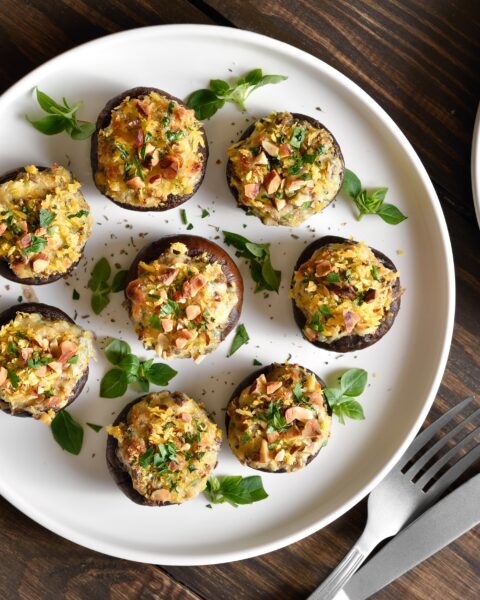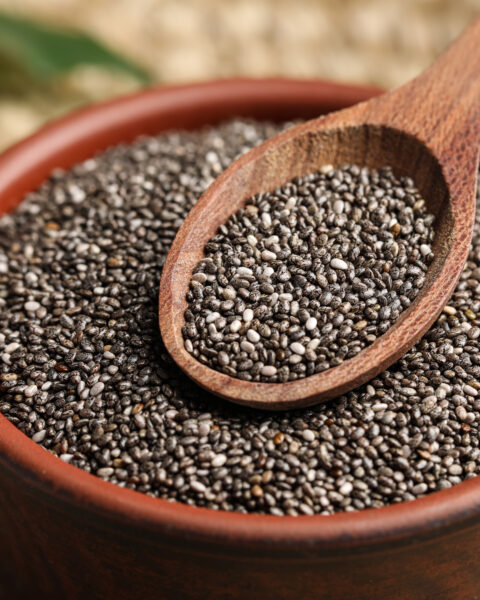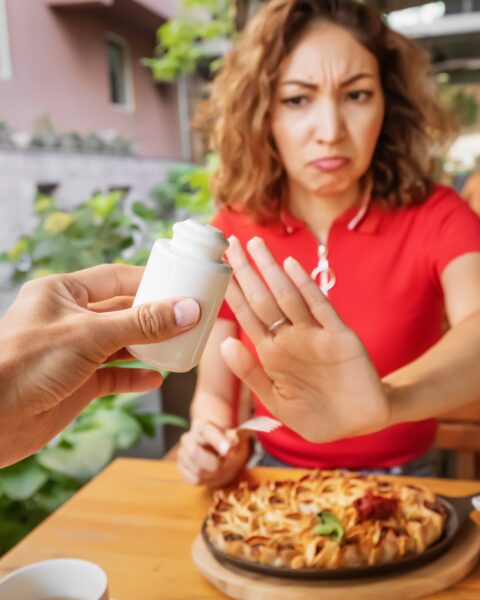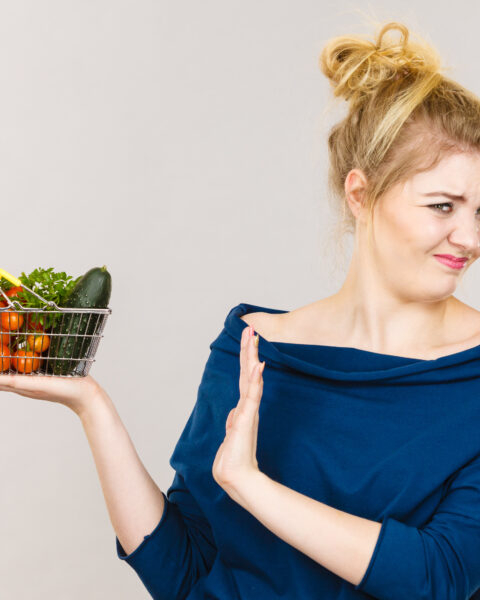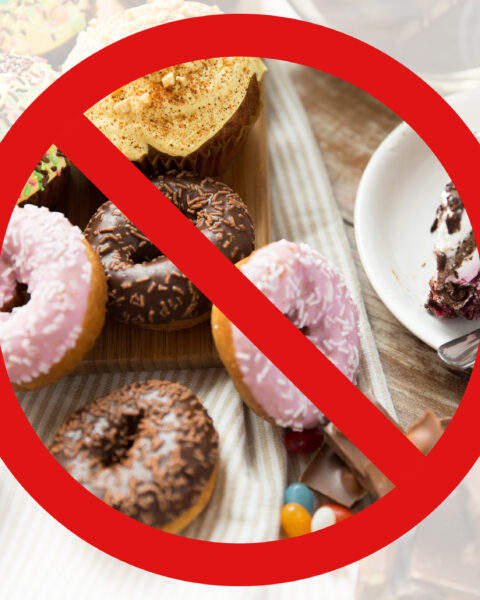Organic food is becoming increasingly popular as people become more health-conscious and environmentally aware. However, shopping for organic food can be confusing, overwhelming, and expensive. Many people make mistakes when shopping for organic food, which can lead to frustration, disappointment, and wasted money. In this article, we’ll explore the 10 biggest mistakes people make when shopping for organic food and provide tips on how to avoid them. Whether you’re a seasoned organic shopper or a beginner, this article will help you make informed decisions and get the most out of your organic shopping experience.
Contents
- 1 Assuming ‘Organic’ Means ‘Healthy’
- 2 Overlooking the ‘Dirty Dozen’
- 3 Neglecting the ‘Clean Fifteen’
- 4 Not Checking Labels
- 5 Thinking ‘Natural’ Equals ‘Organic’
- 6 Forgetting About Local Farmers
- 7 Dismissing Frozen Organics
- 8 Buying Organic Junk Food
- 9 Overpaying Out of Brand Loyalty
- 10 Assuming All Organic Farms Are Small and Ethical
- 11 More from AisleOfShame
Assuming ‘Organic’ Means ‘Healthy’

Many people think if something is labeled organic, it’s automatically nutritious.
Why Avoid: Organic cookies, for instance, can have just as much sugar as non-organic ones. Organic simply refers to how ingredients are grown/produced.
Overlooking the ‘Dirty Dozen’

Not familiarizing oneself with the “Dirty Dozen” list which identifies produce with the highest pesticide residues.
Why Avoid: To get the most out of your organic budget, focus on buying organic versions of these high-residue foods.
Neglecting the ‘Clean Fifteen’

Not knowing about the “Clean Fifteen”, which lists produce least likely to hold pesticide residues.
Why Avoid: If on a budget, you can feel more comfortable buying these items conventionally.
Not Checking Labels

Believing something is organic without checking for the USDA organic seal.
Why Avoid: Misleading marketing can make non-organic products appear organic. Always look for the official certification.
Thinking ‘Natural’ Equals ‘Organic’

Confusing the terms “natural” and “organic” on packaging.
Why Avoid: The term “natural” isn’t regulated like “organic” and doesn’t guarantee any organic standards.
Forgetting About Local Farmers

Only shopping in the organic section of big supermarkets.
Why Avoid: Local farmers might use organic practices but not have official certification due to the cost. It’s worth asking and supporting local.
Dismissing Frozen Organics

Overlooking the frozen section for organic fruits and vegetables.
Why Avoid: Frozen organic produce can be just as nutritious, often cheaper, and offers off-season variety.
Buying Organic Junk Food

Stocking up on organic snacks and sweets thinking they’re much better.
Why Avoid: Organic chips or candies still have empty calories and can contribute to weight gain and other health issues.
Overpaying Out of Brand Loyalty

Sticking to a familiar brand even if it’s more expensive.
Why Avoid: Store brands often offer organic options at a fraction of the price of name brands.
Assuming All Organic Farms Are Small and Ethical

Believing all organic food comes from small, family-run farms.
Why Avoid: Some are large corporate farms with practices that might not align with consumers’ ethical values, even if they’re technically organic.
More from AisleOfShame
The Sneaky Health Food Traps: 10 Foods to Watch Out For in Your Shopping Cart

In this article, we’ll uncover 10 of the sneakiest health food traps that you should watch out for in your grocery aisles. Read more.
Game-Changing Kitchen Gadgets: 10 Must-Haves for Every Home Cook

Cooking can be a fun and rewarding experience, but it can also be time-consuming and frustrating. Luckily, there are a variety of kitchen gadgets that can make cooking easier, faster, and more enjoyable. Read more.
Food Faux Pas: 10 Disastrous Food Pairings You Should Steer Clear Of

In this article, we’ve compiled a list of 10 food faux pas that you should steer clear of at all costs. Read more

